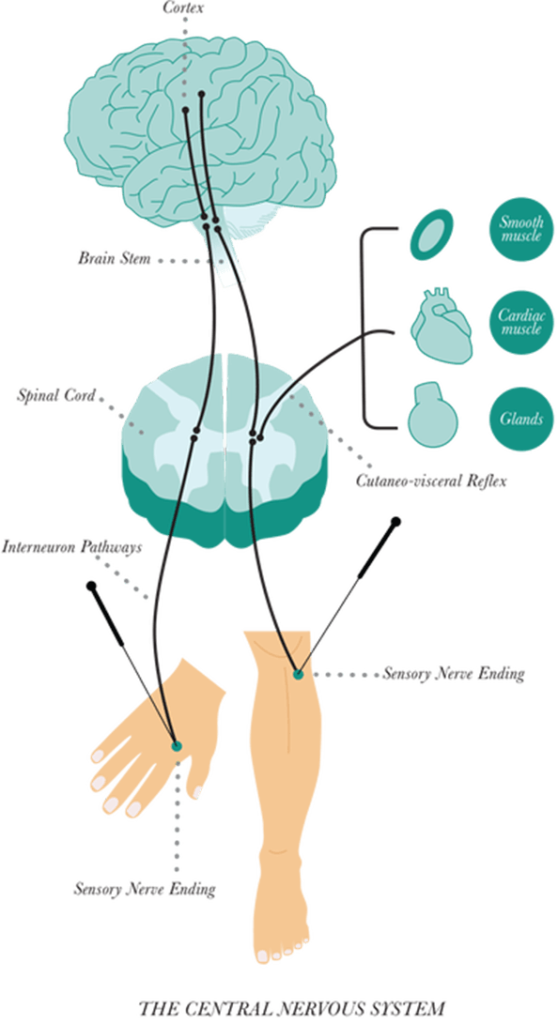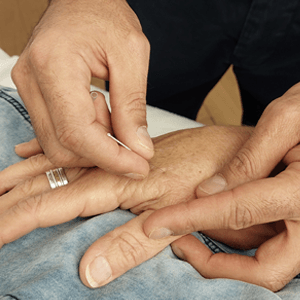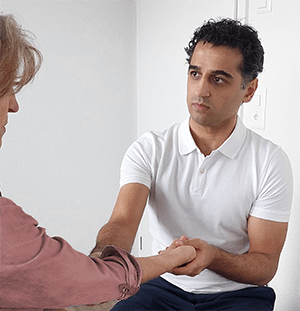Acupuncture and Pain Management
Reasearch in Acupuncture and Pain Management
Acupuncture is known for its efficacy in reducing and treatment of pain. In the past few decades clinical research has become abundant and has helped provide a better understanding of those effects.
In the largest study of its kind to date, 76% of the treating physicians reported on the effectiveness of treating and managing pain with acupuncture. In a 2015 survey, 93% of respondents said that their TCM practitioner and acupuncturist had been able to treat their primary condition.
Other studies, such as the one in 2017 in the journal, Current Opinion in Anesthesiology, in a paper titled ‘Acupuncture for Chronic Pain: an Update and Critical Overview’ concluded that “mounting evidence supports the effectiveness of acupuncture to treat chronic low back, neck, shoulder, and knee pain, as well as headaches. Additional data are emerging that support the use of acupuncture as an adjunct or alternative to opioids, and in perioperative settings.”
Reasons why acupuncture is such an effective treatment modality for managing pain have been researched thoroughly for many decades. While further research is necessary to better understand the effects of acupuncture on the human body, in a 2012 paper, researchers published their findings in the neural connections from acupuncture point stimulation to the deactivation of the pain centers in the brain have been mapped. Stimulation of these points has been shown to trigger several of the body’s own opioids as well as improving the brain’s sensitivity to opioids. A few other biochemicals involved in pain reduction are also released or regulated by acupuncture stimulation, including ATP and adenosine, GABA and substance P. In contrast to pharmaceutical options for pain, acupuncture offers a safe and effective alternative treatment.
The content of the text above have been taken and summarized from this wonderfully put together page on EBA.
What is acupuncture?
As a therapy that dates back thousands of years, acupuncture has cemented its position in Western medicine as a proven healing modality. The World Health Organization (WHO) cites the elimination or reduction of pain a greater sense of vitality and well-being as some of the many benefits of acupuncture treatment. (PDF: Acupuncture_WHO_2003)
Acupuncture focuses on a holistic approach rather than just a disease-oriented diagnosis and one treatment model. The general theory of acupuncture is based on the assumption that there are patterns of energy (Qi) flow through the body that are essential to health. It is believed that disturbances in this flow are responsible for disease. With improved circulation, balance can be restored between the physical and emotional aspects of the individual.
At Bern Akupunktur, I can offer a safe, effective and natural method to prevent disease and help the body restore its self-healing abilities. Acupuncture is performed with thin, sterile, disposable needles at precise points on the skin and can relieve physical, psychological and emotional problems.
What does an acupuncturist do?
A complete medical history may be taken at the first visit. This will include questions about health, symptoms and lifestyle. Furthermore, a physical examination may be done, which may include a pulse and tongue diagnosis. From the information gathered, I can effectively diagnose any specific issues that may have contributed to my patient’s health problems. This allows me to create a well-structured treatment plan that addresses my patient’s specific needs.
Once the diagnosis is complete, I insert fine, sterile needles into specific points on the body. This safe and painless insertion of needles can help speed the recovery process and maintain proper body function. This can eliminate pain and restore balance, as well as the body’s self-healing abilities, ultimately leading to optimal health and well-being.



